
OR
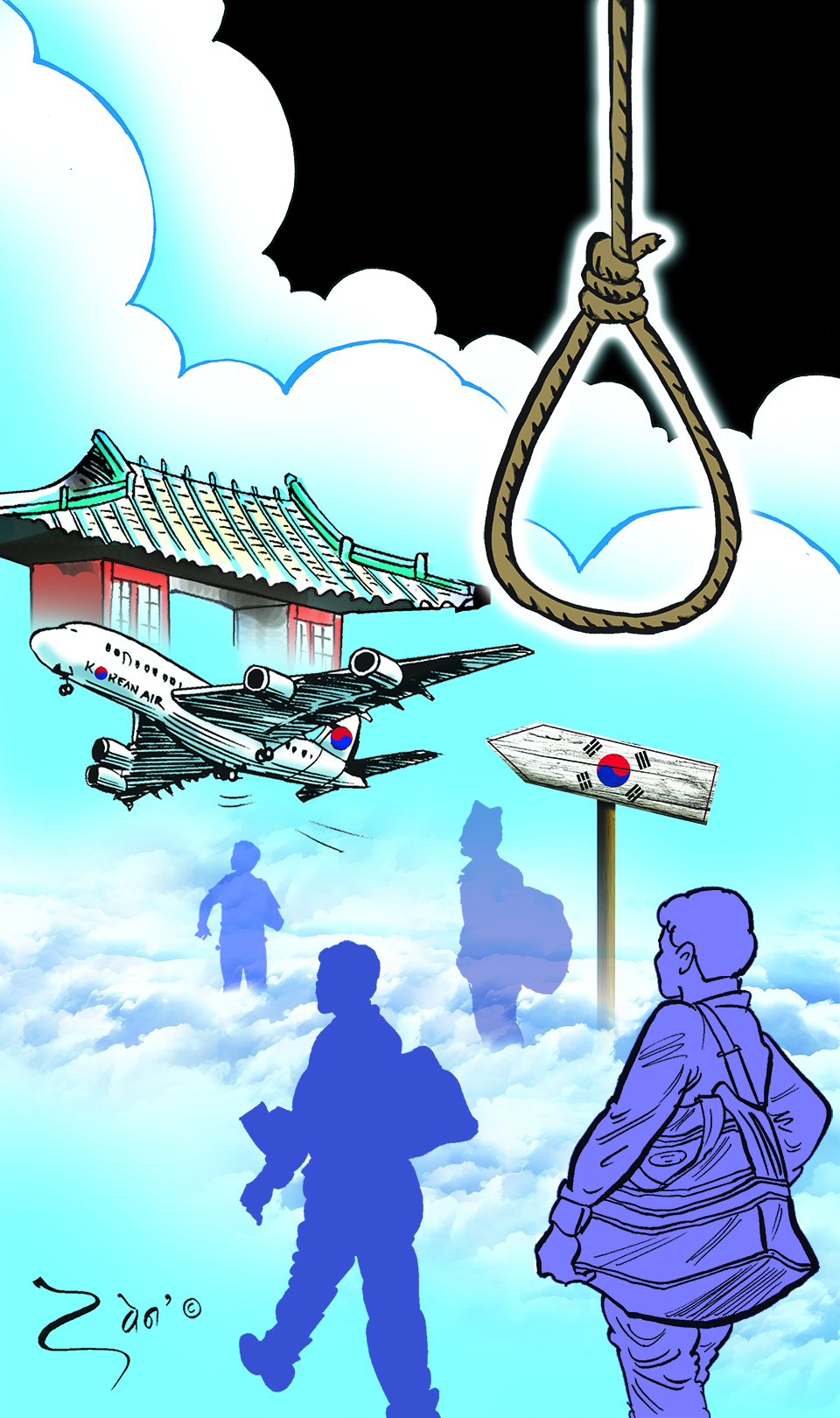

Barun Ghimire
The author is an advocate with specialization in human rights lawnews@myrepublica.com
More from Author
Preventable deaths of migrant workers within months of being certified as ‘healthy’ speak of state indifference to migrant workers
The Foreign Employment Promotion Board (FEPB) has reported a total of 5,892 deaths of Nepali migrant workers in various destination countries from 2008 to 2017. As per the data, at least three Nepali migrant workers have been dying in every two days for the last nine years. Unfortunately, the actual number of deaths in destination countries is much higher than reported by FEPB when tallied with the record available in the department of consular service.
Among the reported deaths in the last nine years, 1,351 workers died of natural causes, cause of 917 deaths could not be identified, 798 were killed in traffic accidents, 650 workers reportedly committed suicide, and 1,608 workers died due to cardiac arrest and heart attack. Should this number alarm us considering that the young workers who died were subjected to a medical test and pre-departure orientation training before being allowed to travel to destination countries? Death is tragic and inevitable, but the preventable deaths of young migrant workers within months of being certified as healthy are not merely tragic.
Obligation to protect
It is mandatory for an aspiring migrant worker to undergo a medical examination and pre-departure orientation training as prescribed by the government. So what explains the number of deaths due to traffic accidents? Deaths due to other causes, particularly suicide, may have been prevented through better knowledge regarding workers’ physical and mental wellbeing. These statistics serve as a glaring reflection that a significant number of migrant worker deaths could have been prevented through the proper orientation of migrant workers on traffic rules and general wellbeing. It indicates that our system of mental and physical examination and pre-departure orientation and training is failing the migrants.
The government of Nepal has a legal obligation to take necessary measures to reduce number of preventable deaths of migrant workers. The Supreme Court has reaffirmed this obligation on a writ petition filed by Law and Policy Forum for Social Justice on November 16, 2017 seeking actions by the Nepali Government at home to reduce the death of migrant workers abroad. The government also has the obligation to investigate the cases of death, because it may require immediate intervention on other migrant workers’ behalf.
With the appointment of Gokarna Bista as Minister for Labor, Employment and Social Security, there have been some early reforms and huge government commitments to make foreign employment free of exploitation, safer and dignified. However, interventions to reduce the deaths of Nepali migrant workers do not seem to be top priority. It is unfortunate that migrant workers’ deaths abroad are not being investigated and systematically analyzed for intervention. Don’t family members have the right to know how their sons or daughters, who were certified healthy, died in the destination country of some unidentified cause? Can the government overlook homecoming migrant workers in wooden boxes on a daily basis and be indifferent toward them?
The legal regime governing migration issues is not migrant rights-centric and often fails to address and redress the challenges. The plain reading of bilateral agreements signed by Nepal with labor destination countries, and their shallowness in assuring rights to migrant workers, reflect the government’s indifference in this regard. For a country that has around four million migrant workers abroad, it is dismaying that the government lacks seriousness about their safety. There is no possible explanation for the government’s silence other than pure indifference. For instance, Tribhuvan International Airport, until last month, did not even have a room or a proper arrangement to hand over the dead bodies of migrant workers to their family members. The arrangement was put in place with the initiative of Gokarna Bista, after the Supreme Court acknowledged the need of such arrangement.
Immediate intervention
Our constitution has pledged to regulate and manage the foreign employment sector in order to make it safe, systematic and free from exploitation. It also guarantees the employment and rights of laborers. Directive policy of the state encourages the mobilization of the capital, skills, technology, and experience gained from foreign employment in productive sectors in this country. Therefore the government needs to address the problems in foreign employment, starting with the one that needs immediate intervention. The number of Nepali migrants’ deaths is close to the number of deaths witnessed during the decade-long armed conflict (1996-2006). Unless the government comes up with an intervention policy, this number will continue to rise.
The government must realize that deaths of migrant workers in destination country warrant immediate intervention and take measures to reduce them. To begin with, the government can update pre-orientation training content, make the health check-up more comprehensive, conduct autopsies of bodies upon arrival, and perform in-depth investigations of medical records and autopsies conducted in the destination country. With the right intervention policy, we can save the lives of our brothers and sisters working abroad. It is a legal obligation of the government to ensure that they are safe, wherever they may be working.
The author is an advocate with specialization on international human rights law
barunghimire123@gmail.com
You May Like This
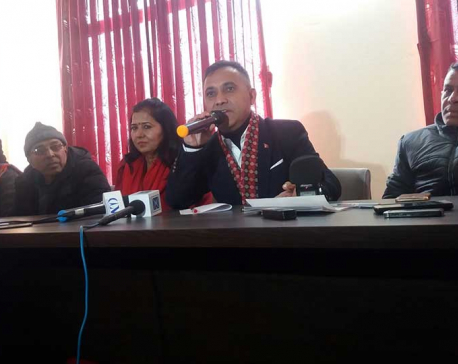
Politics should be guided by agendas not by age: NC spokesperson
KATHMANDU, Jan 10: Nepali Congress spokesperson Bishow Prakash Sharma has said that the politics should be guided by agendas rather... Read More...

Doctor by degree, writer by heart
Amardeep Keshari is a 23 year old writer from Kalaiya, Bara. Though he graduated from Wesleyan University in the US... Read More...

U.S. envoys appointed by Obama asked to quit by Inauguration Day
U.S. President-elect Donald Trump's transition team has issued a blanket mandate requiring politically appointed ambassadors installed by President Barack Obama... Read More...


Just In
- Chaite Dashain being celebrated by worshiping Durga Bhawani today
- One individual held with 23 kg hashish-like substance in Bardia
- Rain with storm likely in hilly regions across the country for next 3 days
- Most of the commercial banks fail to adopt good governance practices: NRB
- NOC increases price of petrol, diesel and kerosene by Rs 3 per liter
- Nepal's Forests in Flames: Echoes of Urgency and Hopeful Solutions
- 14th Central President Running Shield sports competition to begin from today
- Iran’s counterstrike








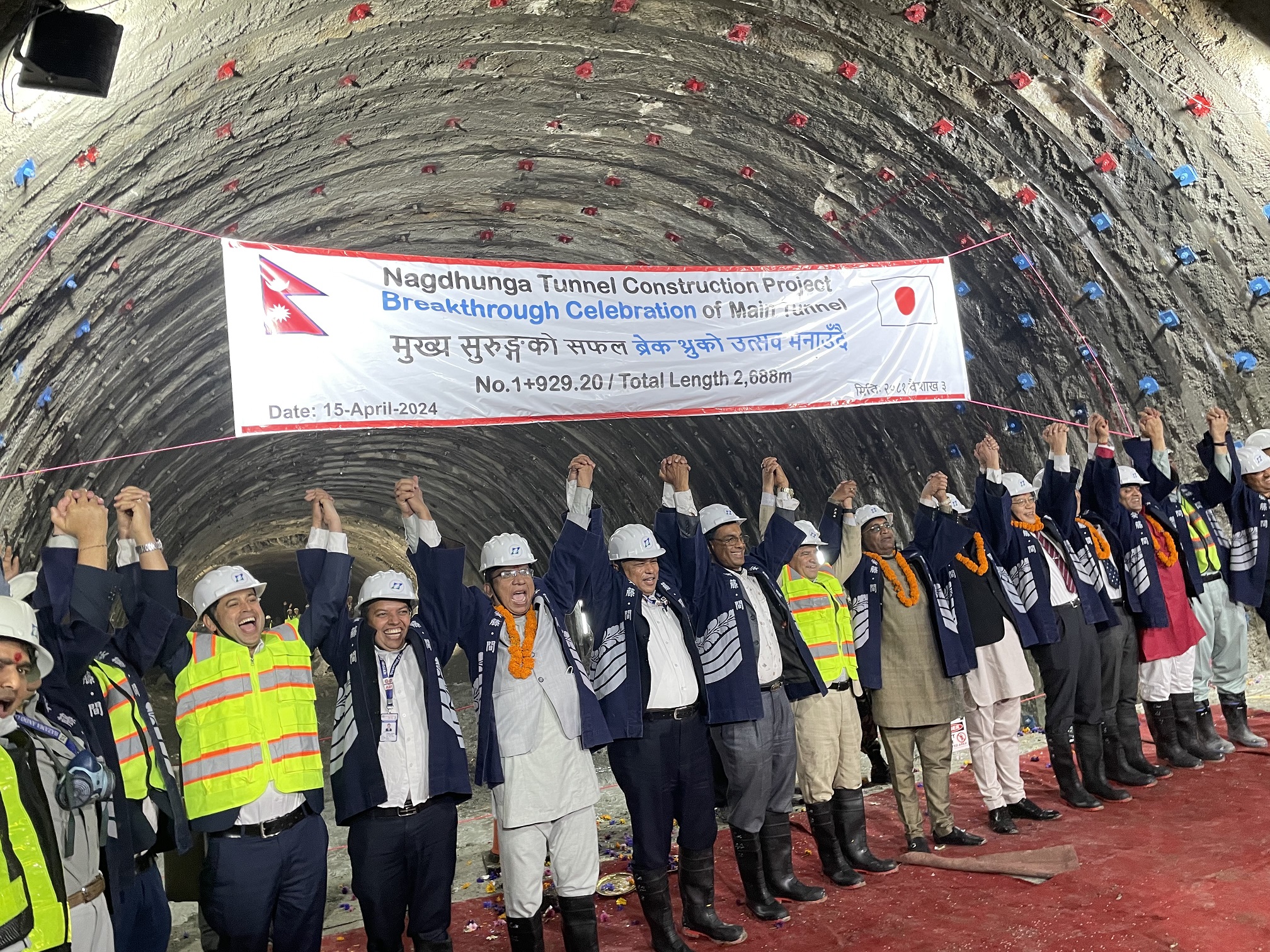
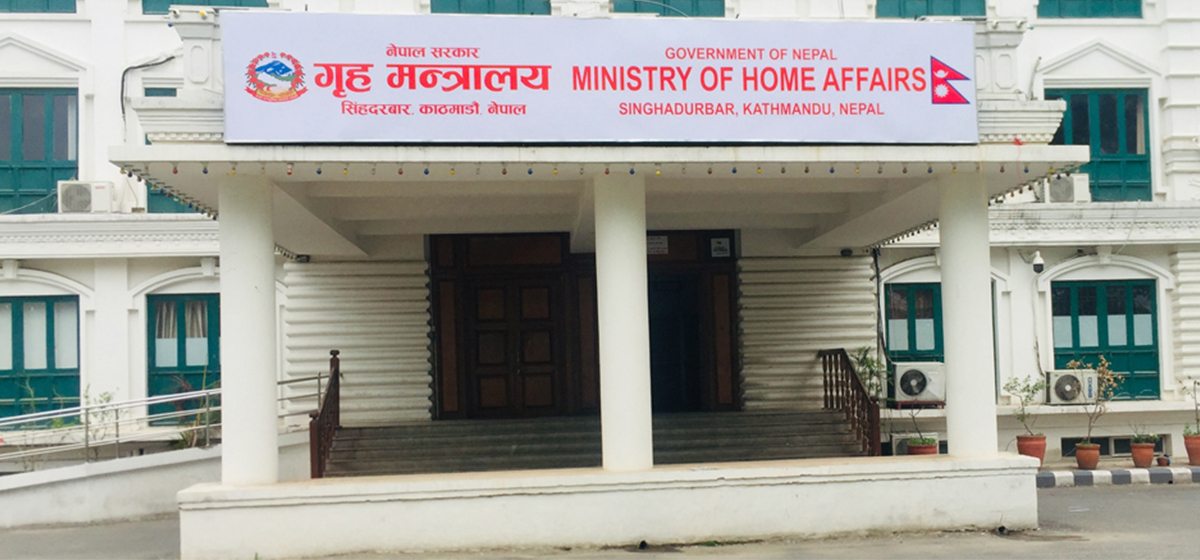






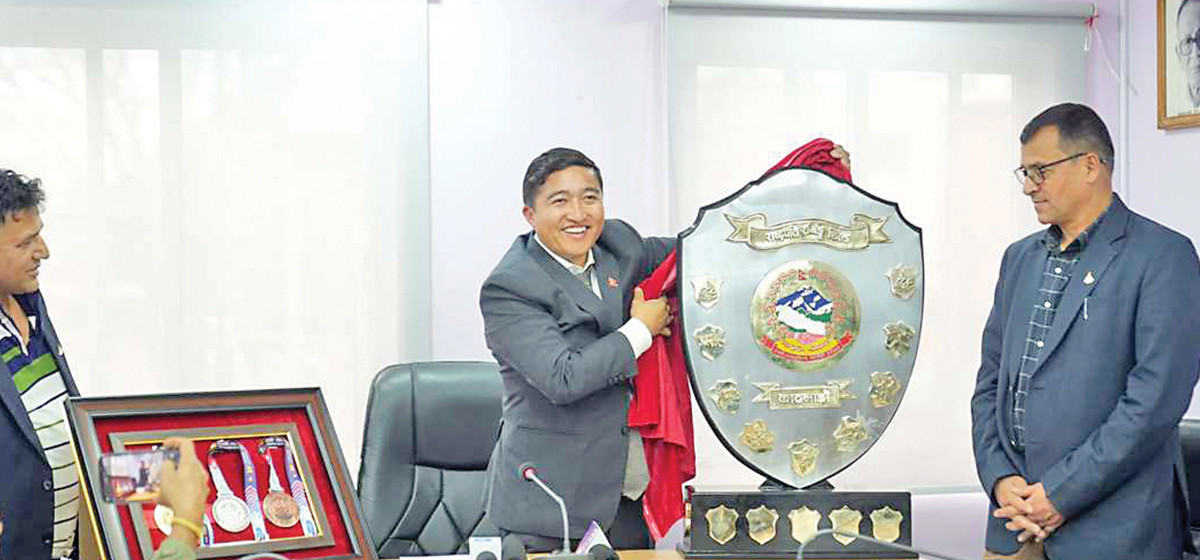
Leave A Comment